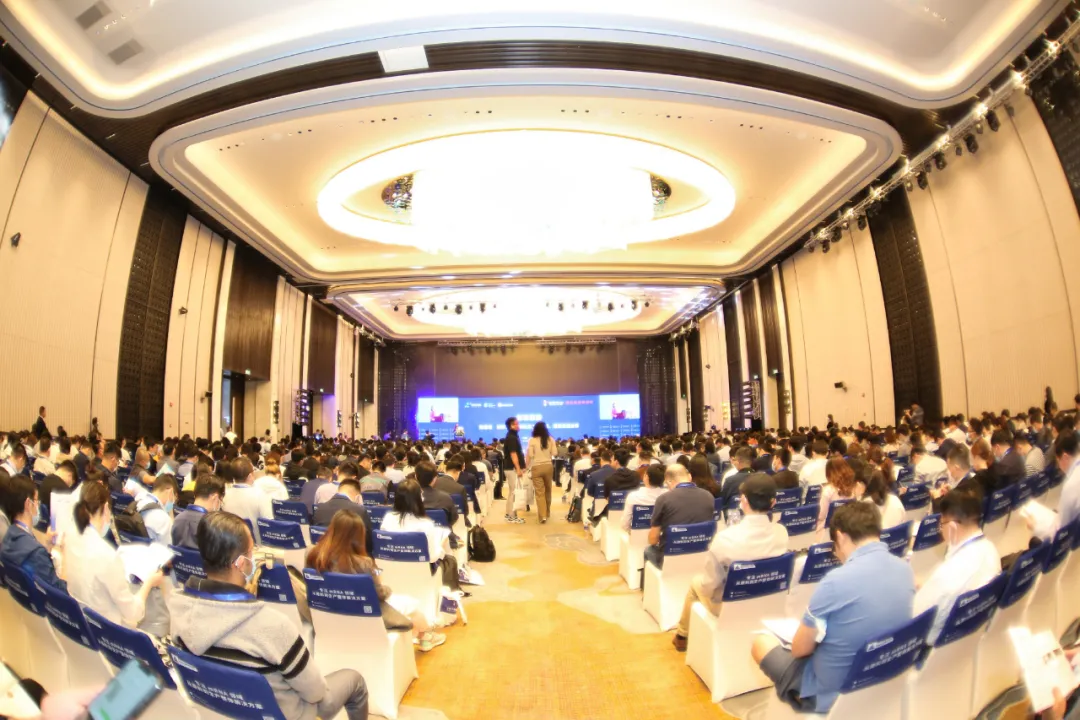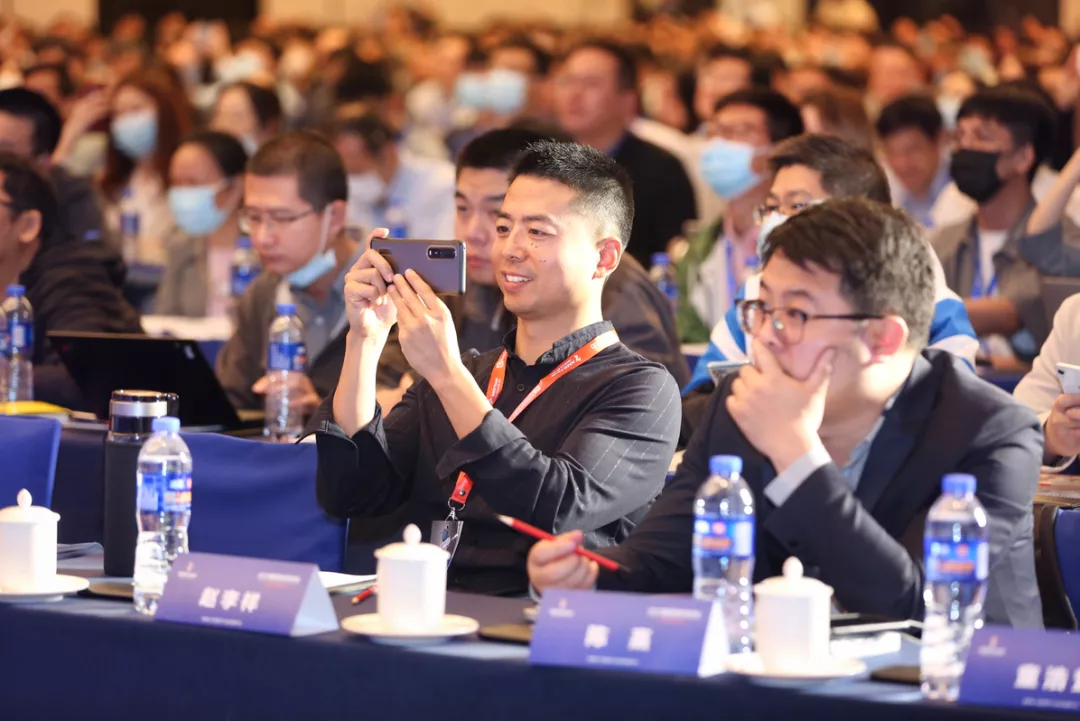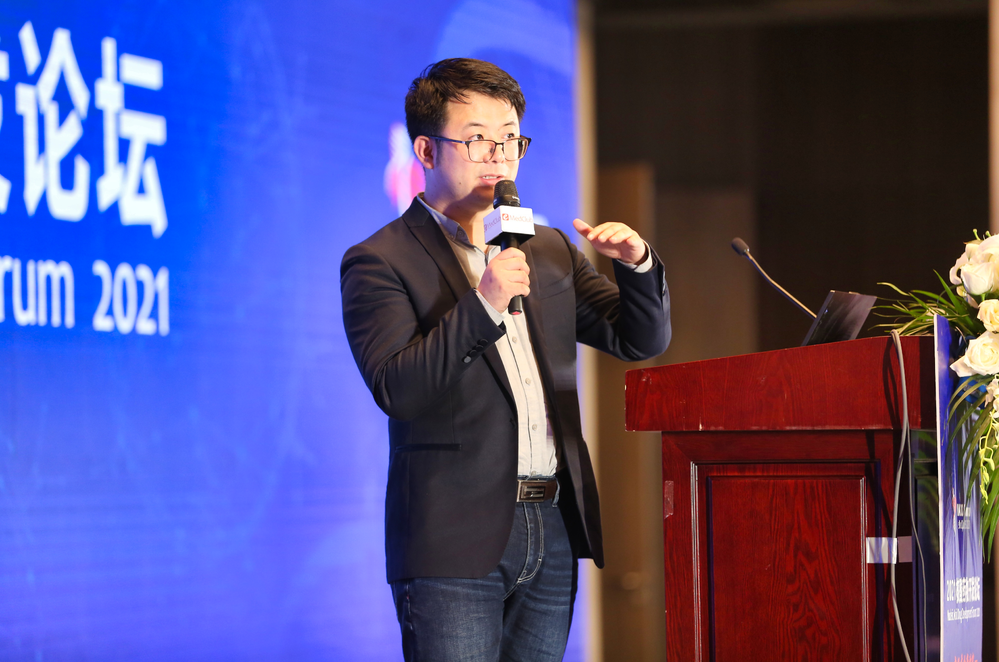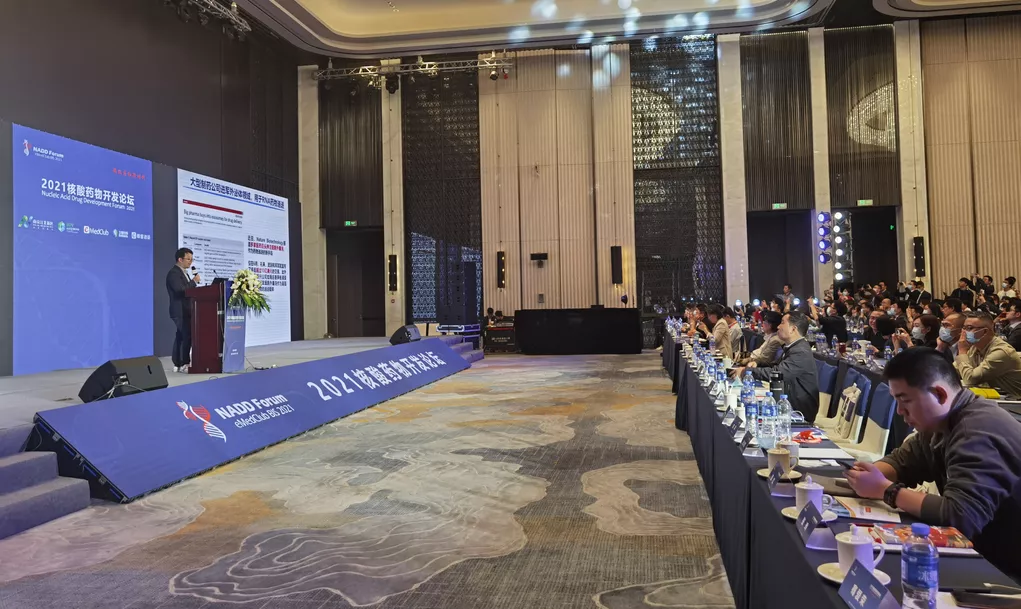
The "NADD FORUM 2021" was co-hosted by The Life and Health Industry Development Management Office of Nanjing Jiangbei New District, Nanjing Bio-Pharmaceutical Valley, Mike and Biology.com on May 7-8, 2021, under the guidance of the Management Committee of Nanjing Jiangbei New District, at the Yangtze River Hotel of Nanjing Jiangbei New District. Professor Chen Xi, vice president of Nanjing Carbon silicon Artificial Intelligence Biomedical Research Institute, was invited to give a special report at the forum, sharing research experience and results with universities, enterprises, scientists and investors in the field of nucleic acid drugs.

In recent years, China's new innovative drug companies continue to emerge and grow rapidly, centering on the diversification of the strategy of product pipeline layout, making China's innovative drug research and development appeared a hundred schools of thought contend. "Science and technology is a powerful tool for a country. It is what makes a country strong, businesses successful and people's lives better. For China to be strong and for its people to live a better life, it must have strong technology." The Yangtze River Delta, the Greater Bay Area and other coastal economic developed areas have unique innovative drug industry resources, the incubation and growth of innovative drug enterprises around the industrial cluster has become the focus of attention in China and even the world.

■ Presentation title: Research on key technologies for in vivo delivery of small nucleic acids
■ Courier: Chen Xi
■ Professor, School of Life Sciences, Nanjing University, Head of Department of Biochemistry and Molecular Sciences
■ Vice President of Nanjing Carbon silicon Artificial Intelligence Biomedical Technology Research Institute
Professor Chen Xi pointed out in his report that at present, protein-targeted small molecule inhibitors and monoclonal antibody drugs have achieved great success, but protein-targeted drugs have their bottleneck problems that are difficult to overcome. Recently, Professor Chen Xi's team established a new generation of siRNA delivery and gene therapy technology. Based on the strategy of self-assembly of exosomal siRNA in vivo, the entire internal automation process of siRNA from expression to loading and delivery has been realized, and has achieved significant therapeutic effects in lung cancer, glioblastoma and obesity and other disease models. Professor Chen xi said the technology not only avoids the disadvantages of traditional delivery methods, but also can greatly reduce the cost of RNAi drug development. Therefore, based on this discovery, it is expected to build the third generation of small nucleic acid drugs technology platform, which can greatly promote the development of RNAi therapy, make the large-scale clinical application of small nucleic acid drugs possible, and make small nucleic acid drugs truly become the third class of drugs alongside small molecule and antibody drugs.

Chen Xi's group has long been committed to the study of extracellular non-coding RNA, The establishment of a complete research system and obtained a number of major disruptive research, break through the "RNA in the extracellular environment is not stable, easy degradation" of the traditional concept, was found in human serum micrornas "super stability", showing the hyperstatic circulating micrornas as a potential new disease markers, reveals the hyperstatic micrornas and species between the cells Transfer between. Since 2008, He published 21 papers as the first author and 15 papers as the corresponding author in Cell Res, Mol Cell and JClin Oncol journals, with an average impact factor of 9.682. He cited 6616 times in total and 2551 times in a single paper, and 8 papers were selected as ESI Top1% highly cited papers, and 1 paper was selected as "top 10 Highly cited Chinese Science and Technology papers in recent decade". Developed the first molecular diagnostic kit based on circulating miRNA in the world, which can accurately detect early pancreatic cancer and accurately distinguish chronic pancreatitis from pancreatic cancer. In November 2015, it was approved by the State Food and Drug Administration and obtained the registration certificate of third-class medical device. Related achievements "Identification of serum miRNA biomarker and development of diagnostic kit" won the first prize of technical Invention of the Ministry of Education.